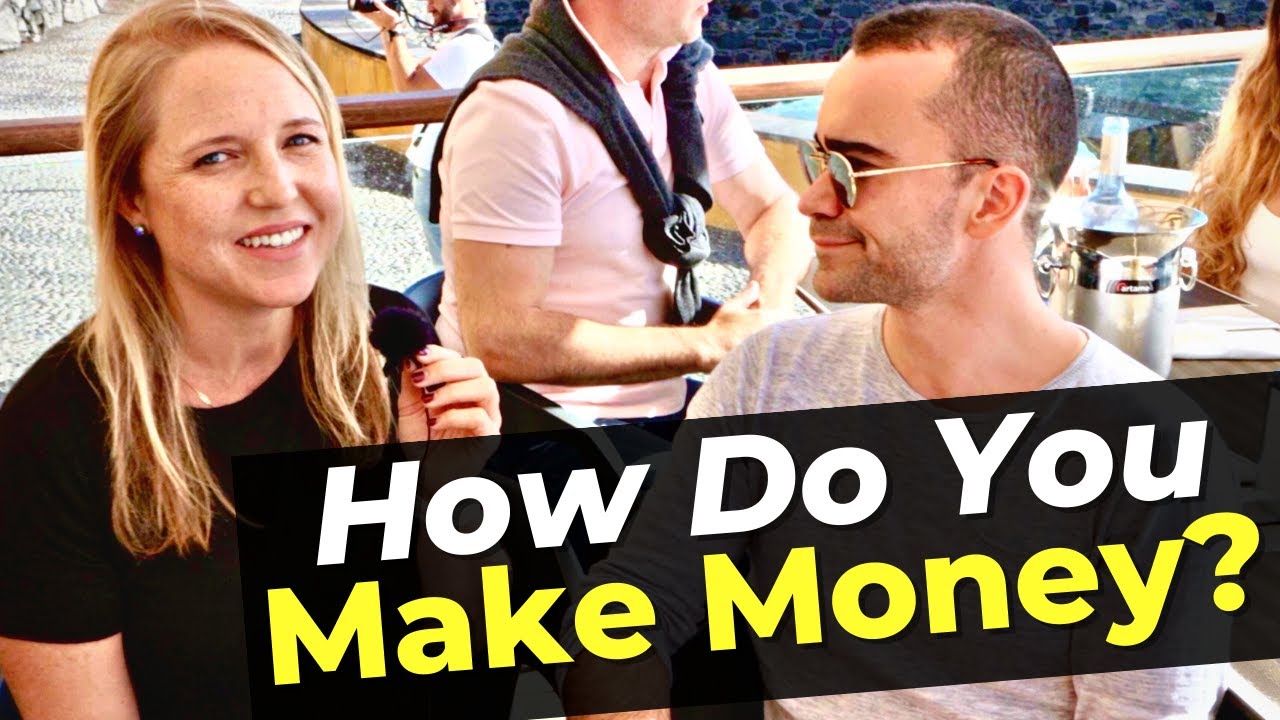In a world where more and more people are choosing to live remotely, there’s no shortage of interesting places to set up shop. And while some digital nomads might prefer the hustle and bustle of cities like Bangkok or Rio de Janeiro, others are drawn to the peace and quiet of remote islands.
But how do these island-dwelling digital nomads make a living? We asked a few of them to find out.
For many digital nomads, the appeal of island life is obvious: there’s the stunning scenery, the laid-back lifestyle, and the opportunity to really unplug from the outside world.
But making a living on a remote island is not without its challenges. In addition to the logistical difficulties of living in a place with limited infrastructure, there’s also the issue of finding reliable internet access and affordable accommodation.
And then there’s the question of money: how do you make enough to cover your costs and still have enough left over for some fun in the sun?
Here’s what four digital nomads had to say about how they make money while living on remote islands:
1. Find a location-independent job
“I work as a freelance writer and editor, which means I can pretty much work from anywhere,” says Kate Pearce, who has been living on Koh Lipe, an island in Thailand’s Andaman Sea, for the past year. “I’ve also been able to pick up some work as a virtual assistant for businesses back home in Australia.”
While Pearce admits that it can be difficult to find work at times, she says that there are plenty of opportunities for those who are willing to look for them. “There are definitely ways to make money on Koh Lipe if you’re creative and resourceful,” she says. “It might not be as easy as it is in a big city, but it’s definitely possible.”
2. Start your own business
For some digital nomads, working for someone else just isn’t an option. That was the case for Natalia Szeto, who decided to start her own business after moving to Koh Tao, an island in Thailand’s Gulf of Thailand.
“I started my own jewelry business after realizing that there wasn’t much opportunity for employed work on Koh Tao,” she says. “It took a bit of effort to get things off the ground, but now my business is doing well and I’m able to support myself completely.”



